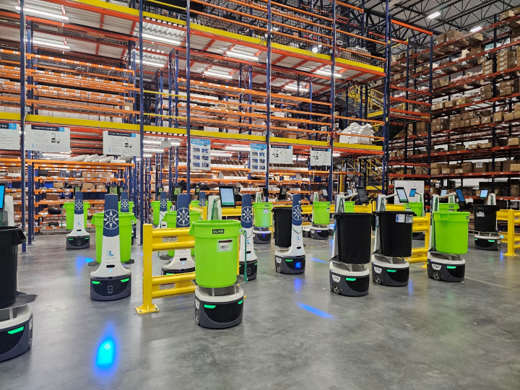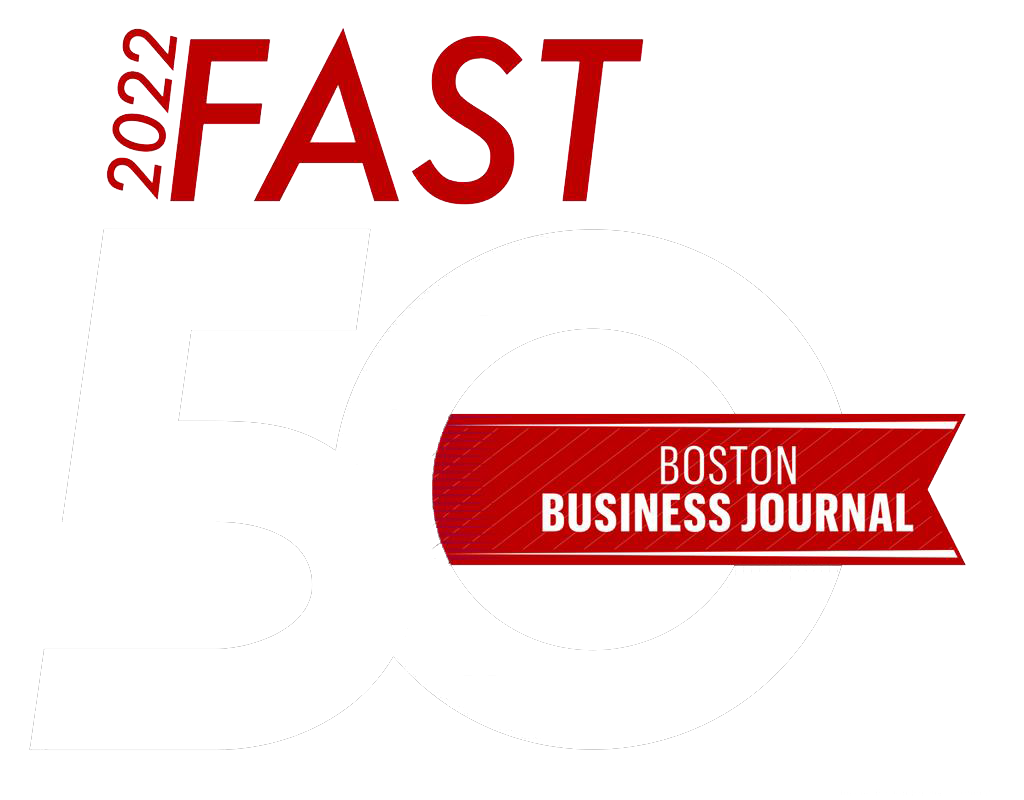Packing it up on DC Velocity
Looking to speed throughput, reduce costs, and move toward a circular economy? Try changing up your packaging process.
Packaging is playing a large role in helping shippers optimize their logistics operations, especially when it comes to implementing solutions that drive both efficiency and sustainability across a company’s supply chain. Whether you’re shipping items in bulk or fitting multiple items into a box to fill e-commerce orders, the right packaging solution can help you save time, speed operations, and become a better steward of the environment.
IN PURSUIT OF THE CIRCULAR ECONOMY
European energy drink maker was looking for a better, more efficient way to ship its bulk ingredients between facilities in Austria and the United States—one that would minimize the volume of ocean freight it shipped while also reducing the company’s environmental impact. Red Bull turned to German packaging and container company for a solution that is answering the call on both fronts.
Red Bull ships dry ingredients like sugar in flexible intermediate bulk containers (FIBCs)—large industrial bag-like containers made of flexible fabric, also referred to as “big bags.” FIBCs are designed to store and transport dry or granular materials—from powders, granules, and minerals to chemicals and food products. As an alternative to rigid containers, they can offer easier handling and reduced storage space, among other benefits. Red Bull was shipping its FIBCs using traditional, one-way wooden pallets loaded into 40-foot maritime containers—a process that was creating waste and inefficiency in its transportation processes.
Cabka solved the problem with a reusable pallet solution that is allowing Red Bull to take advantage of smaller, 20-foot shipping containers. The companies in a joint statement released earlier this year.
Cabka’s Big Bag S5 pallet was created specifically to handle FIBCs. Made from recycled plastic, the pallets are designed to fit and protect the bags during transportation. Among the benefits, the pallet’s design centers the big-bag load, creating more stability during transport, according to Cabka. It also allows for the double-stacking of pallets without risking damage to the bag—which is common with traditional pallets, according to both companies—helping to maximize container space.
The solution is helping Red Bull eliminate waste and reduce costs: The company can now optimize the space within a standard 20-foot container, which has helped reduce the number of containers used by 20%. What’s more, the reusable containers create a closed-loop pallet system between Red Bull’s facilities in Austria and the United States—meaning the pallets make their way between both locations continuously, an approach that minimizes waste. And the pallets can be recycled at the end of their lifecycle, further contributing to the “circular economy.”
RIGHT-SIZED AND READY TO SHIP—FAST
Family-owned third-party logistics services (3PL) provider Barrett Distribution Centers needed to improve performance at its Somerset, New Jersey, distribution center (DC), one of 25 facilities in the company’s U.S. network. Productivity had plateaued at the location, thanks in large part to the way workers processed orders—traditionally, via manual pack stations. Leadership at the e-commerce-focused 3PL decided to address the problem with automation, and purchased a carton wrap machine from which provides automated packaging solutions for a wide range of industries. The automatic carton packaging system creates custom boxes in a matter of seconds, speeding order processing and creating right-sized packages for each and every order.
Incorporating CMC’s automated packaging system made sense, but the timeline for implementation was less than ideal, according to Barrett’s leaders, who described the project published earlier this year. The system was scheduled for delivery to the New Jersey facility just two weeks before Black Friday weekend, leaving little time for the 3PL to get up to speed and keep up with prime peak season demand.
“It was a fairly complex integration,” said David Lynch, Barrett Distribution’s director of IT, in the case study. “It wasn't something our in-house [IT] talent would be able to pick up and run with right away.”
So Barrett turned to robotics integration firm and its Softbot Platform to get the system up and running in time for the holiday weekend. Softbot is a technology-agnostic integration platform that allows companies to connect any robot to any enterprise system for any task; essentially, the cloud-based application allows companies to deploy solutions quickly and easily, without the need for in-house or outside IT professionals to develop and execute a software integration process, which can take weeks or months, according to Lynch.
“We were able to have our IT team stay focused on some of the innovations and things we needed for the rest of the business, and not be distracted by development of the integration,” he explains. “And then, after that initial integration, it's pretty hands off. For us, that was a big deal.”
SVT helped the facility integrate the CMC system in time for peak, without any service downtime. Among the immediate benefits, Barrett reduced its order turnaround time from three days to one, while also improving inventory accuracy and picking. The system has also reduced the need for temporary help during peak shipping times and has simplified the onboarding process for new hires.
And importantly, the carton wrap system has sustainability benefits: The creation of custom-sized boxes helps minimize waste by reducing excess packaging and avoiding filler materials—both of which are common to e-commerce operations. And CMC’s system is designed to use 100% recycled paper.
Recent Blog Posts
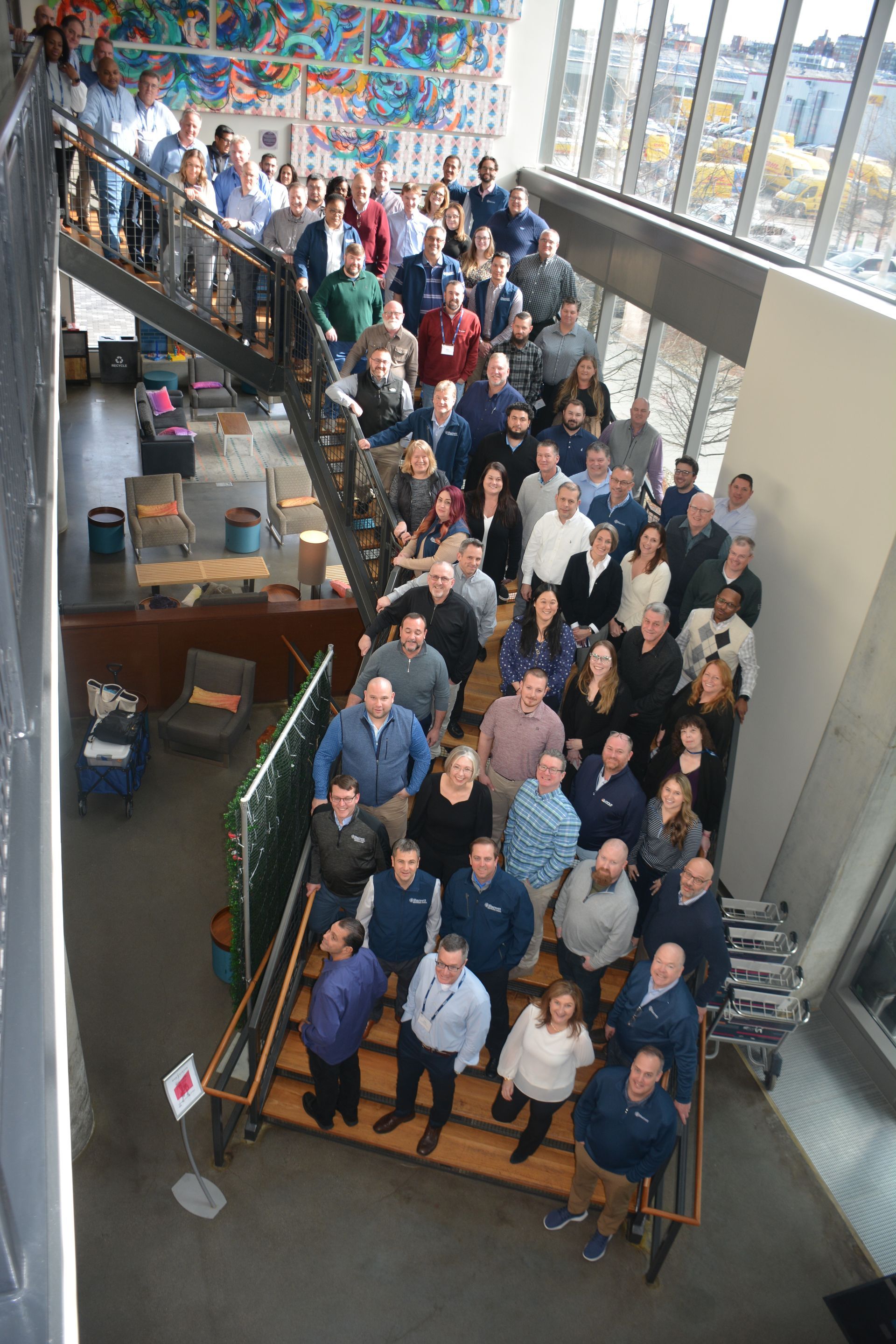
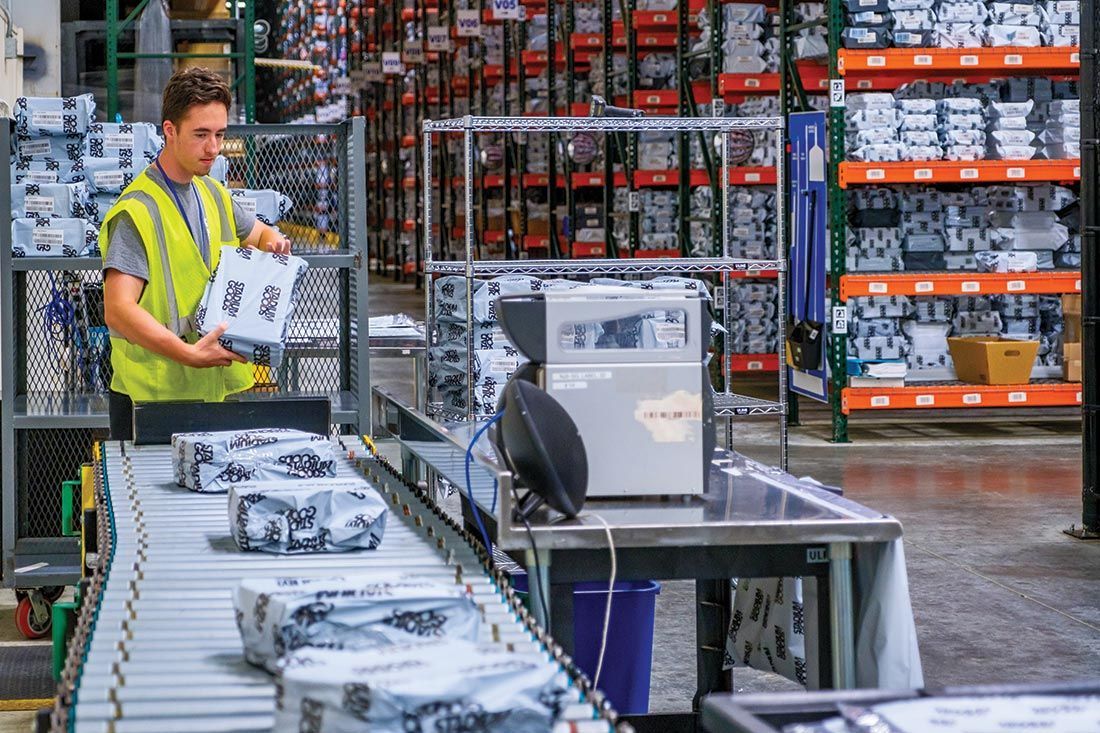
91���� | Barrett Distribution Centers
